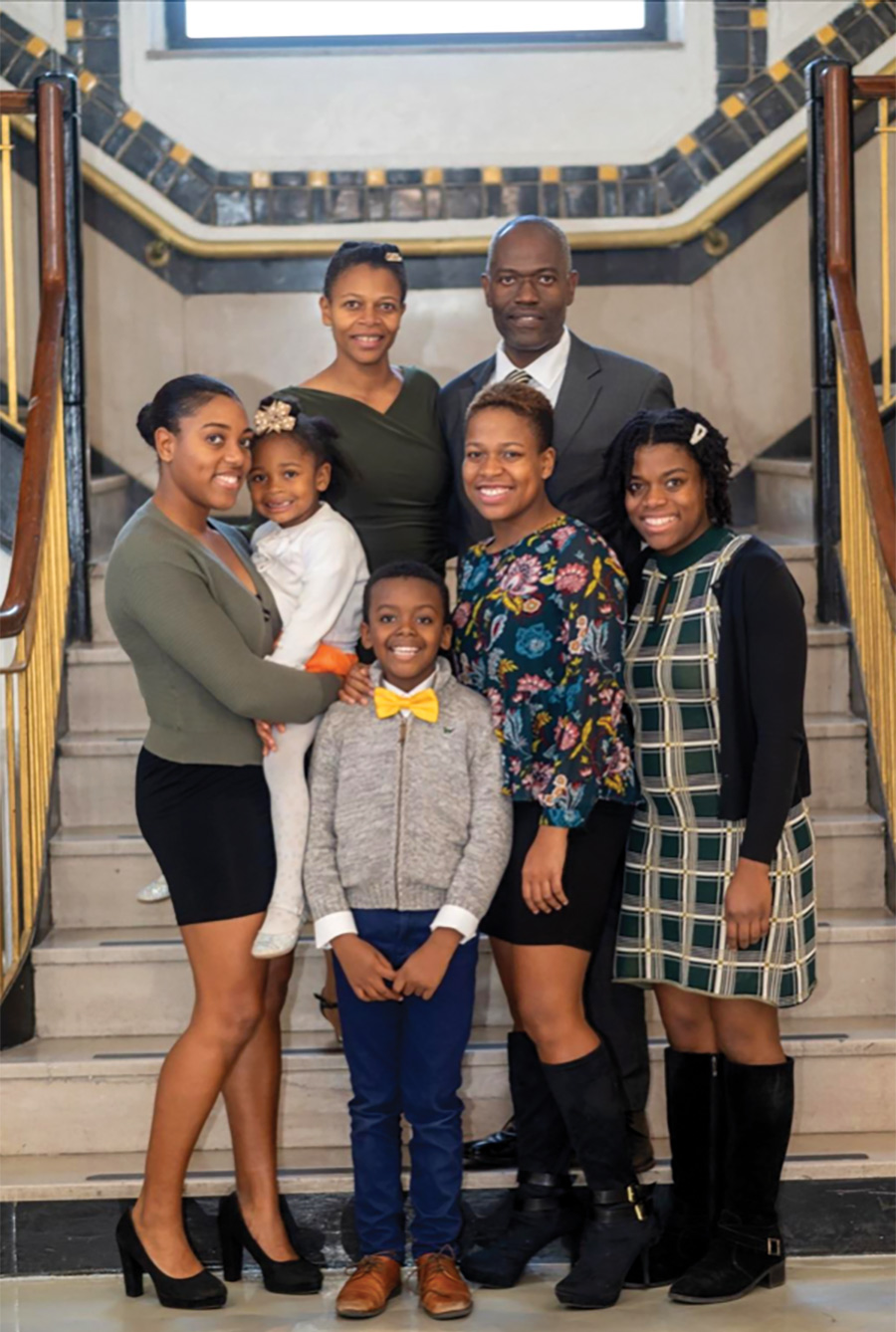
hen COVID-19 rocked our world, healthcare, economics, business, and even how we communicate changed drastically in many ways. Disruptions in the United States educational system, in particular, revealed a trend that has been growing steadily over the years — more and more families are homeschooling.
According to the U. S. Census Bureau’s Household Pulse Survey, 5.4% of U.S. households with school-age children reported homeschooling in the first week (April 23 – May 5, 2020) of the survey. By the fall of 2020, 11.1% of households reported homeschooling.
“That change represents an increase of 5.6 percentage points and a doubling of U.S. households that were homeschooling at the start of the 2020-2021 school year compared to the prior year,” wrote Casey Eggleston and Jason Fields in an article published on Census.gov. “It’s clear that in an unprecedented environment, families are seeking solutions that will reliably meet their health and safety needs, their childcare needs and the learning and socio-emotional needs of their children.”
Black families are particularly concerned about their children’s educational experiences in the United States school system. According to the Household Pulse Survey, the proportion of respondent homeschooling families who identified as black or African-American increased five-fold, from 3.3% in the spring of 2020 to 16.1% in the fall of that same year. The change was much more significant among black and African-American families than white and Hispanic families or any other race.
Marissanne Lewis-Thompson, an award-winning audio reporter at St. Louis Public Radio, created a podcast exploring why black parents homeschool, titled, “Doin’ It Our Way.” For an article on the St. Louis Public Radio’s website, Lewis-Thompson interviewed three families, asking about their reasons for choosing the at-home educational option.
The first couple believed their children were being neglected compared to other classmates once they were sent home during the lockdown. The second set of parents chose to homeschool before their children were born because they wanted them to have a more culturally rich education than they did. The third couple has tried homeschooling on and off and eventually chose that form of education because of one of their sons’ advanced reading and mathematics levels. They felt teachers and curriculum at the private school he attended were limiting his potential.
Though homeschooling is increasing and becoming more common within the black community, among some black parents it is nothing new. Aisha and Maurice Edwards began homeschooling in the mid-2000s when their oldest children became school-aged. Maurice, who is Jamaican, and Aisha, who is a native African-American, knew their children would be growing up with cultural backgrounds different from that of most of their peers.
Angelyn Edwards, their oldest daughter, now 23, said, “They wanted us to be exposed to a lot more than they were exposed to growing up.”
“She wanted to teach us about African-American history, different forms of music, things about the church, [and activity-based learning like] gardening and sports,” Angelyn said.
Aisha searched for a curriculum that fit the educational standards she had in mind, but she didn’t find one. So she created her own.
“She literally pulled from several different programs and readings from all over the place,” Angelyn said. “We ended up doing our own thing, which allowed us to go on vacations in the middle of the school year, visit national museums, travel, and meet different kinds of people. It allowed us to do things that we normally wouldn’t have done if we were in school.”
One year, Aisha had the kids write down everything they wanted to learn. Aidyn, the second-youngest daughter, was interested in photography. So, Aisha set up an unofficial internship with a photographer friend from church. Aubrey, the middle child, was interested in psychology and law, so Aisha expanded those areas when developing social studies courses and assignments.
“Even though we did study several things together, she was able to tailor to our needs,” said Angelyn, who recently graduated from Southern Adventist University.
“We got our [basic] learning in, but we also got to learn about different fields that we were especially interested in.”
Nicole Cottrell is a biracial homeschool parent with a diverse upbringing thanks to her parents’ commitment to cultural learning. She has homeschooled her children for 11 years, ensuring they learn about different cultures and viewpoints as they form their own perspectives. To assist other parents in their efforts to raise well-rounded, culturally informed children, Cole launched a website called Stories of Color, which includes a book gallery highlighting authors of color, homeschooling guides for parents, and a diverse movie and miniseries watchlist to enhance children’s learning.
Cottrell believes another, and possibly the most important, reason black families homeschool is to protect their children’s childhoods.
According to an abstract on the adultification of black children in healthcare, Amie Koch and Arthi Kozhumam state that adultification occurs when “Black children are viewed as older than they are.”
It further reads, “Systemic racism has forced Black children into social, emotional, and physical adult roles before they are adults, contributing to adultification.”
Cottrell believes it is essential to change that narrative, and homeschooling is a great option for black children, opening their futures to broader and more exciting possibilities.
“There is something powerful about saying, ‘I’m going to reject that [adultification stereotype] because it’s not true,’” she said. “‘ I’m going to allow my children to be children for as long as they can be children.”
